One of my Grow Report subscribers recently asked, “If a donor doesn’t give you their phone number, is it creepy to look it up in the White Pages in order to make a thank-you call?”
Kieran went on to add, “On a related note, should we require phone numbers on our online donation form?”
I’ve been recommending a daily practice of regular donor thank you calls to both my clients and subscribers ever since I first ran across this 2006 article from Hildy Gottlieb.
Regular board thank-a-thons provide a marvelous opportunity to engage your board in introductory fundraising activities, sans the dreaded ask. And the daily practice of thank you calls goes a long way towards instilling an organizational attitude of gratitude that’s downright contagious.
 But it isn’t just the feel-good aspect of donor thank you calls that make them an important addition to your arsenal of tools. A study by the UK firm Pell & Bales found that thank you calls reduced donor attrition by a third. In his new book, Retention Fundraising: The New Art and Science of Keeping Your Donors for Life, Roger Craver notes, “Overall, donors who have been phoned for one reason or another (it doesn’t seem to matter) show retention rates 15 percent higher than those who haven’t been contacted.”
But it isn’t just the feel-good aspect of donor thank you calls that make them an important addition to your arsenal of tools. A study by the UK firm Pell & Bales found that thank you calls reduced donor attrition by a third. In his new book, Retention Fundraising: The New Art and Science of Keeping Your Donors for Life, Roger Craver notes, “Overall, donors who have been phoned for one reason or another (it doesn’t seem to matter) show retention rates 15 percent higher than those who haven’t been contacted.”
My colleague, Tammy Zonker, says “The most recent Penelope Burk survey (sneak peak) indicates 91% of respondents said thank you calls are their #1 preferred method of gift recognition.”
So, getting back to Kieran’s question, is it ‘creepy’ to look up a number in the White Pages in order to make a thank you call?
I don’t think so, but, like many fundraising questions, the answer could be that ‘it depends.’ Did you request a phone number and the donor neglected to give it? Do all of your response pieces request a phone number? I tend to think that if a donor’s number is publicly listed, it’s fair game. I polled a number of my brilliant colleagues over on Facebook and received a variety of responses:
Beth Ann Locke wrote, “For some reason they may not have given it to you, but if they withheld it, that is another thing. Send a card. In the US you can get that out that afternoon and it can be with them in a day or two (if they are in town). The attrition is around thanking, and I agree that “quick thanks” is important, but I think something personal trumps (like a call or card) an email, which is fast.”
And Sandy Rees weighed in, “I’ve done lots of looking up phone numbers over the years so I could call donors. Most people didn’t mind me calling them, because for most it was simply that they hadn’t had the chance to give me their number. Most people were leery of the phone call because they thought I was going to ask for more money. When I told them I just wanted to thank them, the relief in their voice was audible!”
Mary Cahalane chimed in (and I agree) “If the number is listed, I might be tempted to call if I had no reason to believe they didn’t want a call.”
Mary goes on to say, “And speaking as someone who growls every time the phone rings, even phone-grouch me has been pleasantly surprised with a “just thanks” call.
But I do agree that there’s a difference between not having the phone number and having the donor not give it to you when directly asked for it.
Better yet, we’re able to get donors’ individual preferences, right?”
Bingo!
So…what about the practice of requiring a phone number on an online donation form?
My favorite response came in from Holly Wagg, who wrote, “It really depends on the organization. So more fields on an online form can decrease your page completion rate. That’s why it’s not there many times in the first place. Now with so many cell phones and poor append rates, I’d like to include it. If the field is there and a donor doesn’t supply, I might look it up for a thank you, but likely not. But if it’s not on the form and you haven’t collected it in the first place, in those cases, I’ll look it up or see if we can find a connection within the org to get a number. If it’s easily obtained, then I’ll call.”
I typically recommend including the field for a phone number, but not making it required.
Of course, when you’re plotting out your organization’s retention strategies, you’ll want to think of every possible eventuality. Everyone’s favorite response came in from do-gooder Shanon Doolittle, who wrote: “Does it surprise you that I actually have a thank you letter for that specific segment of donors? The opening line is…wait for it… “You are all kinds of amazing. And I wish I could have told you that over the phone, but I don’t have your number. (Darn.)” It goes on to ask the donor to share their number with me by email or phone. Works like a charm!”
Double bingo!
If you’re looking to rock your organization’s thank you letters for any eventuality, ways to get your board and entire team involved in your donor retention processes, and so much more, my crazy popular Basics & More course, The Power of Thank You returns for an encore performance in spring of 2015. This is the training where Claire Axelrad and I walk your organization, step-by-step, through your donor service procedures. The course is loaded with unlisted scripts, bonuses, and recorded webinar trainings (you’ll be surprised and delighted).
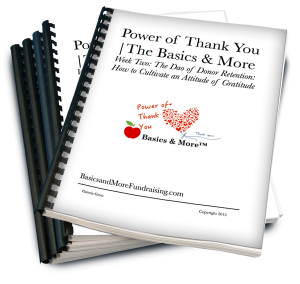
Addendum:
What if the nature of your organization prevents donor calls? Subscriber Rebecca Taguma of The Tagumas wrote, “Just a quick comment to the call vs card/email debate. We live overseas, so I do not call, unless we are Stateside. I’ve always believed that handwritten thanks are more personal, since calls are a non-option for us, so I save them up and send them back to the US with folks headed that direction whenever I’m able to. But recently I ended up emailing some thank yous to donors because it was going to be way too long between the gift and the thank you.
The response was amazing! Unlike a card which is unidirectional, an email is easily replied to. Almost every personalized e-thank or FB message (for the folks whose email I didn’t possess) I sent opened up a conversation with the donor. I won’t do away with the cards because frankly I don’t have enough time to keep the conversation going, but email is my new go-to for personalized thanks.
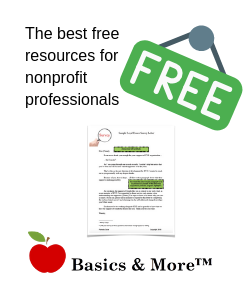
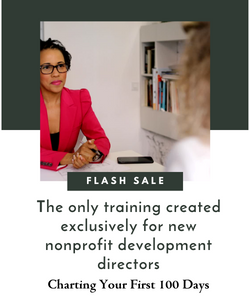
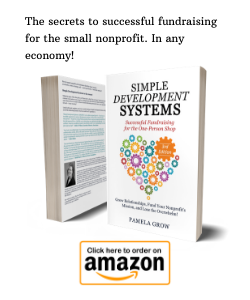
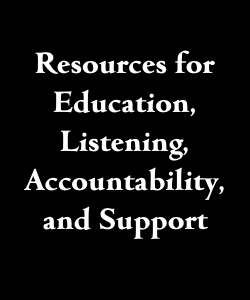
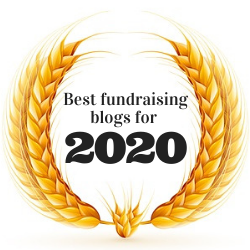
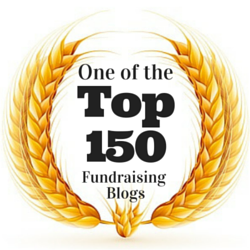
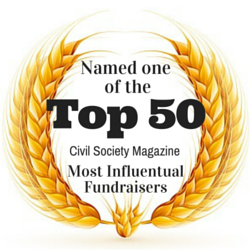
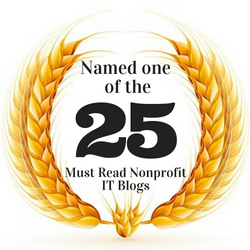
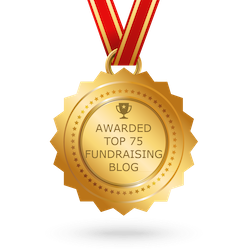
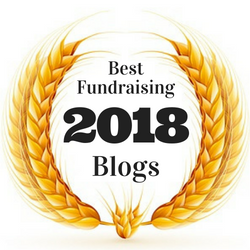

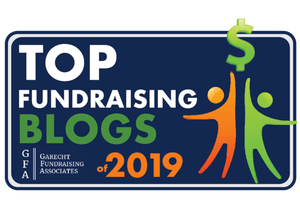
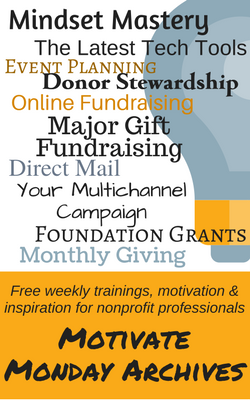
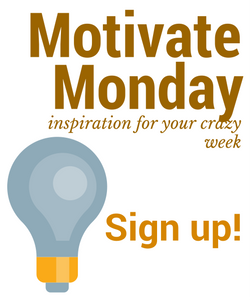
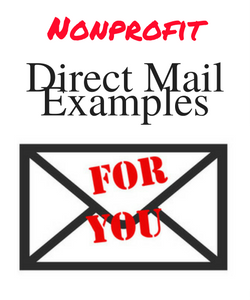
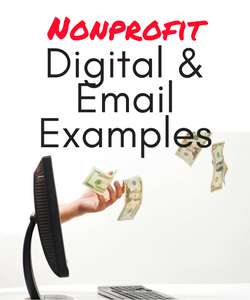

 I can’t wait to meet with you personally.
I can’t wait to meet with you personally.
Comments on this entry are closed.